The history of coffee and, in particular, coffeehouses, first piqued my interest whilst I was studying English lit at uni. Although I was meant to be focusing on Pope, satire & the sublime in 17th & 18th century literature - I couldn't help but be drawn to the idea of the coffeehouse: a cesspit of "gossip, scandal and sedition". Rather than placing emphasis on coffee as a commodity, concern instead surrounded the coffeehouses as historical spaces of evolution and, "agents of historical change". By the 18th century, coffeehouses were central to social life in urban cities, and the devotion Londoners had for their three products: "coffee, company and conversation", became apparent. You're probably wondering what relevance does this have to your daily Starbucks, or (if you're a pretentious coffee snob) Kaffeine? But I promise you, there is an interesting & unexplored connection between the two time periods.
The Coffee Politik
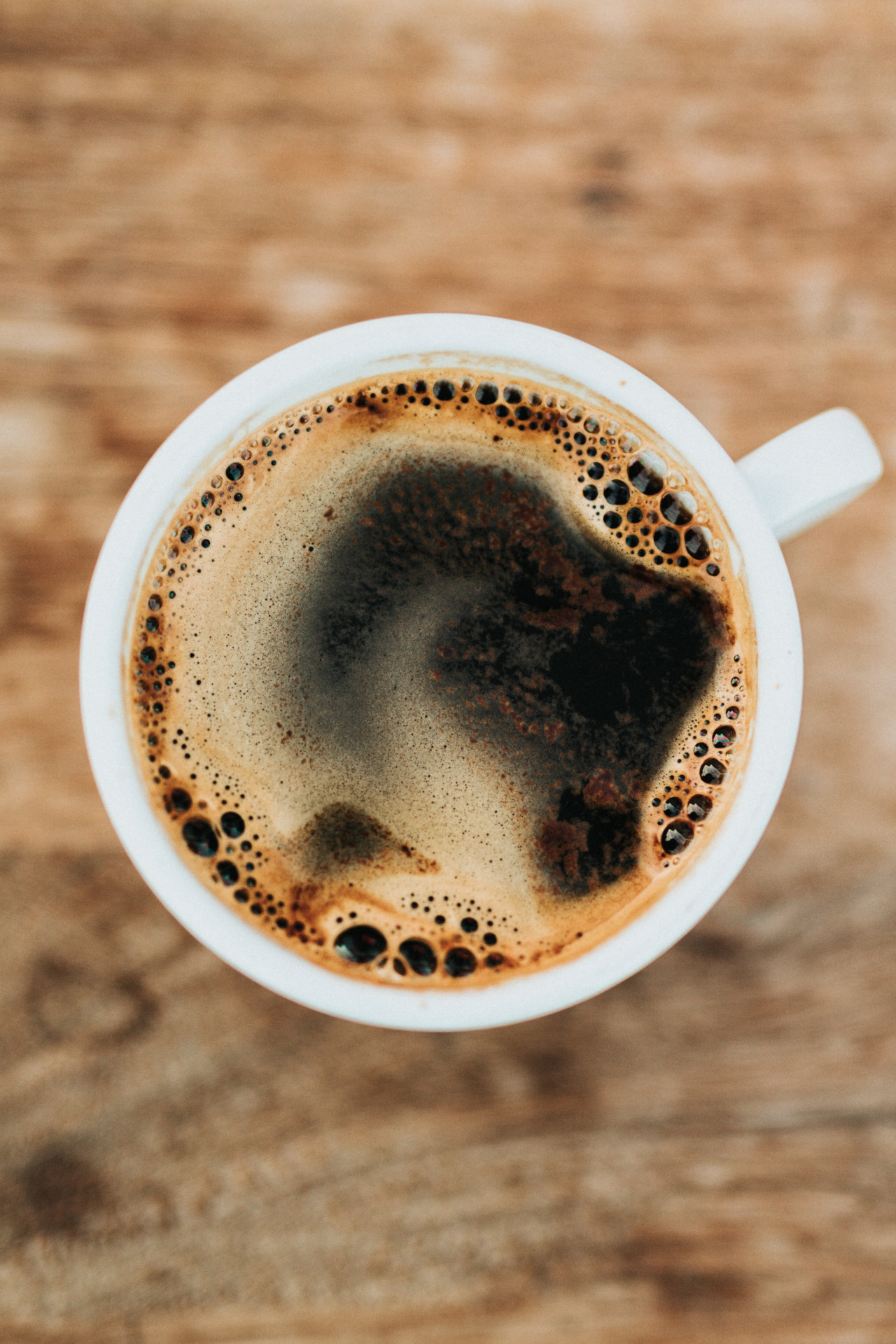
As we celebrate the annual UK Coffee week, Niamh Walsh discusses the history of 'coffeehouse' culture in Britain, and Kevin Pilley introduces the first ever Nespresso Eco Pod Advent calendar.
Since the 17th century, coffeehouses have been central to British cafe culture, depositing political importance due to their popularity as places of debate. Known as "penny universities", the crowds that they attracted were synonymous of scholars and students alike, and anyone with a penny could enter and sit in on a lecture or have access to books or print news. Coffeehouses boosted the popularity of print news culture and helped the growth of various financial markets including insurance, stocks, and auctions, as they became arenas for culture and politics.
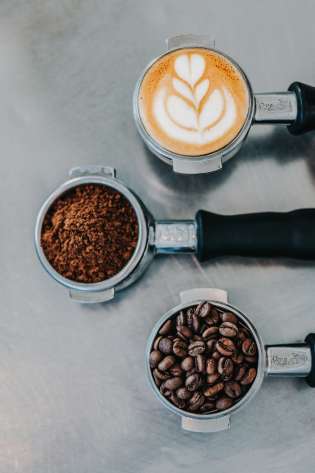
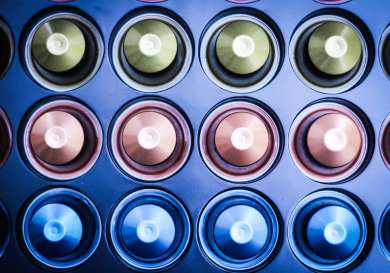
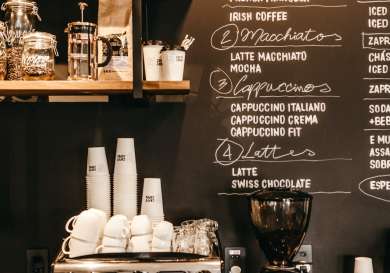
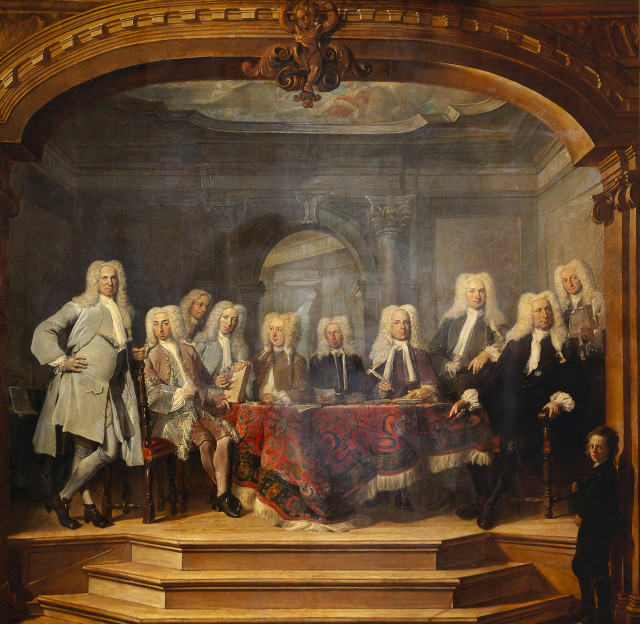
Within the past 20 years, we have undeniably witnessed a renaissance of the coffeehouse, not just in London, but worldwide. The rise of the Seattle-based coffee chain, Starbucks, as well as their multiple competitors that have sprung up over the years, has seen the high streets of urban cities reanimated by brigades of coffee-shops.
The interrelationship between these establishments and the coffeehouses of the 17th and 18th century can be compared symmetrically. These new coffee shops, similar in someways to the traditional coffeehouse, have forged a liminal social space between home and office, where the sense of urban community can be renewed or made apparent. Yet, unlike coffeehouses, in their capitalist ubiquity and uniformity, the chain coffeeshops also seem to reinforce the feelings of emptiness and alienation caused by modern life.
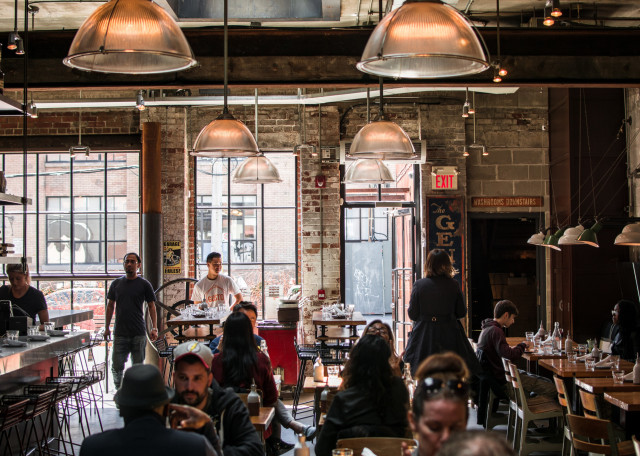
UK Coffee Week partners with independent and local coffee shops around Britain to support the reintegration of coffeehouse culture, whilst also running a nationwide fundraising campaign for Project Waterfall, bringing clean drinking water to coffee growing communities worldwide. Thousands of coffee shops, roasters and individuals across the country take part every year. Running from October 10 to 16 this year, it’s a week dedicated to learning more about the coffee industry and the people who cultivate it, whilst also focusing on raising funds for Project Waterfall, working to end the water crisis faced by coffee-growing communities worldwide. Over £800,000 has been raised since 2011, funding 13 projects and changing more than 45,000 lives in Ethiopia, Kenya, Nicaragua, Tanzania, and Uganda.
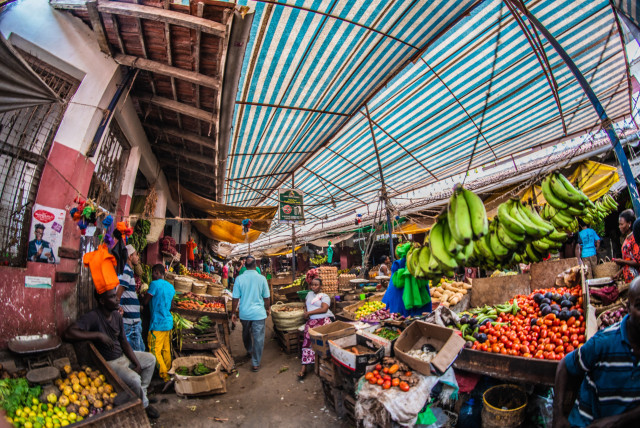
A Sustainable Christmas with Coffee
by Kevin Pilley
This week’s National Coffee Week sees the launch of the first Nespresso Eco Pod Coffee Advent calendar.
The calendar contains best-selling all-organic, ethically-sourced pod coffees as well as the world’s first Sail Ship coffee in a pod and the world’s first bird-friendly coffee pod for Nespresso machines. Some contain golden eggs with prizes like free coffee subscriptions and coffee-making machines. If ordered now, the plastic-free calendars will be delivered during the first week of November.
“We set out to help pod machine owners make an easy swap away from plastic and aluminium pods without sacrificing taste. From the premium we pay our growers to the way our coffees are grown and the charities we support, we are putting purpose not profits at the centre of our coffee business”
The first entirely aluminium and plastic-free coffee pod Advent calendar of its kind is crafted from sustainable sourced board and printed using vegetable inks, making it 100% kerbside recyclable and home compostable. All coffees are organic certified, maximising biodiversity and minimising fertiliser-associated emissions in the field. Organic, shade grown coffee reduces CO2 emissions by 15kg CO2e p/KG of coffee grown versus non-organic grown coffee. The calendars are packed by the Devon Disability Collective, a Social Enterprise that provides quality employment & training for people with disabilities & those furthest from the labour market.

“We’re actively embracing green technology”, says Lex Thornely, who founded Blue Goose Coffee with Nick Ratsey.
The Wiltshire-based company is named after one the world’s rarest breeds of bird, the Absyssinian Blue-Winged Goose. 100% of the money raised during UK Coffee Week will support Project Waterfall’s work to bring clean drinking water, sanitation and education to coffee growing communities. In 2021, funds raised during the campaign supported its project in the Jabi Tehnan district of Ethiopia which will change over 10,000 lives. Events include the Shoreditch Boxpark Coffee Bus, serving Alpro’s Barista range of plant-based drinks all day Thursday & Friday. You can also make your own coffee cup and filter at a Muddy Fingers Pottery evening at the Hive Coffee Company, attend the Caravan Coffee School and participate in some public cupping at Crankhouse Coffee.
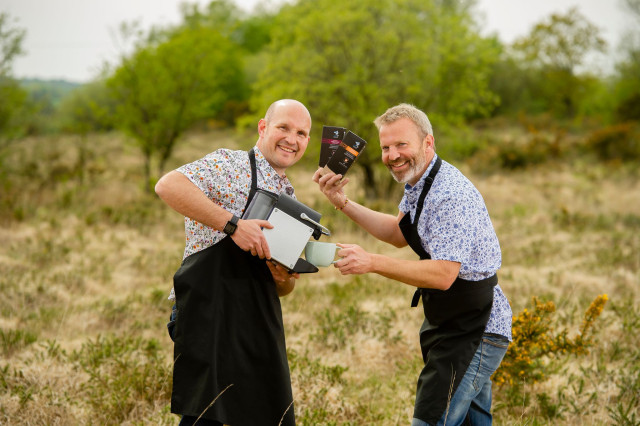
Share this Article
You Might Also Like
-
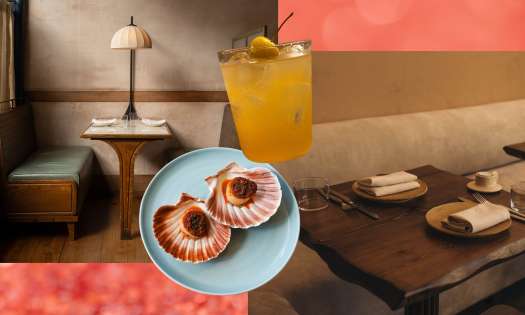
Romantic Restaurants To Dine In Come Valentine's Day
The lights are low and candlelight is flickering, wine has been poured and the stage is set for an unforgettable evening.
-

What's On Our Radar This Month: February 2026
From the hottest new hangouts to the best in beauty and wellbeing, here are 14 things on The Sybarite’s radar this February.
-

Valentine's Day 2026: 16 Seriously Chic Gifts For Her
From decadent chocolate to glittering gems, discover our curated round-up of the best Valentine's Day gifts for her.
-
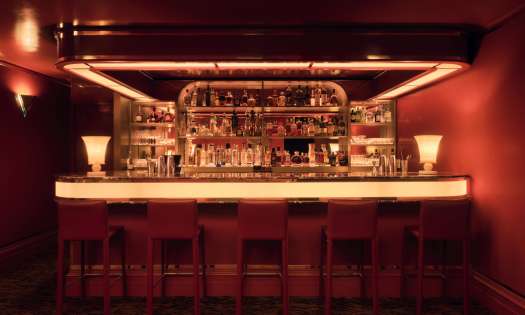
A Champ at Tramp: Luca Maggiora on His Revival of the Iconic Venue
For our Autumn/Winter print edition, Phoebe Tatham spoke to hospitality heavyweight Luca Maggiora about his revival of Tramp and what comes next.
-
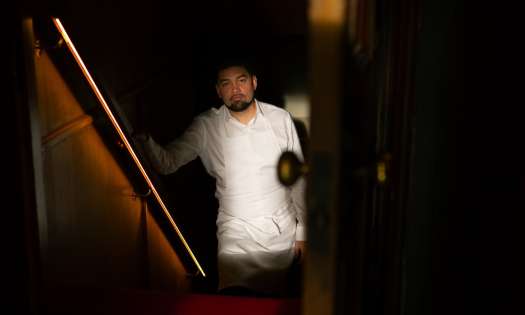
Meet The Chef: Luke Selby of Palé Hall
Having refined his skills at a plethora of renowned restaurants including Le Manoir aux Quat'Saisons, Evelyn's Table, and Restaurant Gordon Ramsay, Luke Selby is a force to be reckoned with in the culinary world. Find out more about his latest venture in The Sybarite's exclusive interview below.
-
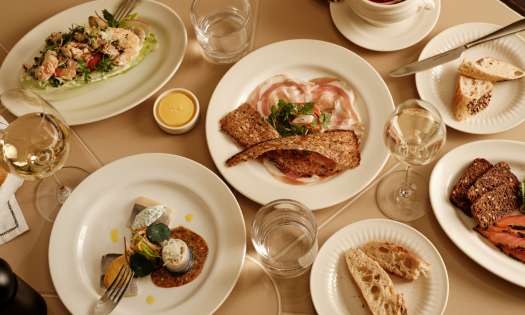
What's On Our Radar This Month: January 2026
From hyped restaurant launches and themed events to the latest in hair and beauty, here are 14 things on the Sybarite’s radar this January.
-
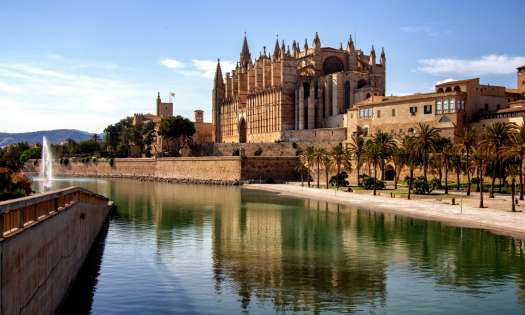
Palma de Mallorca: The Charm of Visiting The Balearics Off-season
Baldwin Ho discovers a softer side to Palma de Mallorca during the off-season. Below, discover his guide to the capital of the Balearic Islands, covering everything from where to eat and stay to immersive cultural experiences.
-
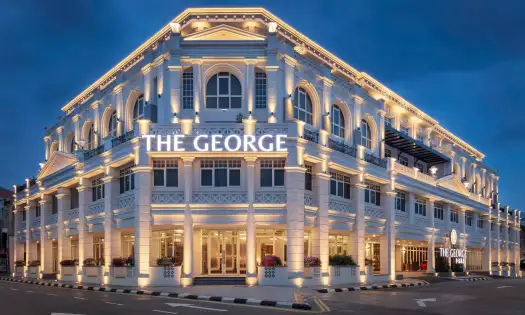
The George, Penang: A Modern Classic in the Heart of a UNESCO Heritage City
In the vibrant heart of George Town, Penang, where colonial heritage meets contemporary creativity, stands The George, one of the island’s most elegant additions to its growing portfolio of luxury lifestyle hotels.
-

Unveiling 2026: The Year of the Fire Horse and its Astrological Significance
Astrologist and Spiritual Counselor Letao Wang explores what the Year of the Horse has in store for each of the 12 zodiac signs.
-
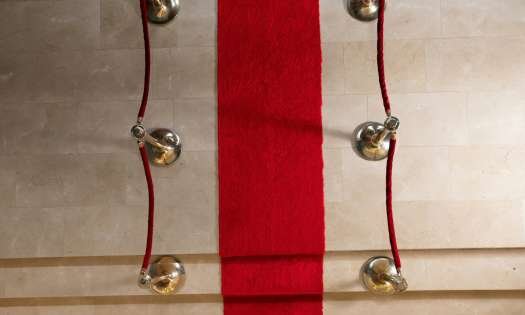
The Biggest Red Carpet Events to Look Out For in 2026
In the wake of the glittering Golden Globes and Grammys, join The Sybarite as we take a closer look at future red carpet events in the calendar for the remainder of 2026.
-

The Ultimate Chelsea Flower Show Guide
With spring around the corner, a quiet corner of London is set to transform into a paradise of creativity and colourful blooms. Keep scrolling for The Sybarite's ultimate guide...
-
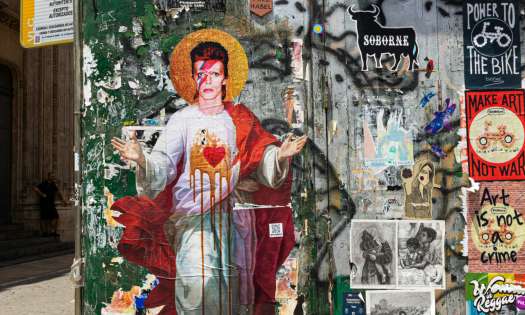
Ten Years On: In Bowie's Footsteps
It’s hard to believe that it’s already been a decade since the world lost David Bowie, a performer known as much for his musical talent as for his flamboyant dress sense, chameleon-like approach to identity and queer-forward ways of thinking and living. Bowie captured the imaginations of a generation - and continues to do so, ten years after his death.




